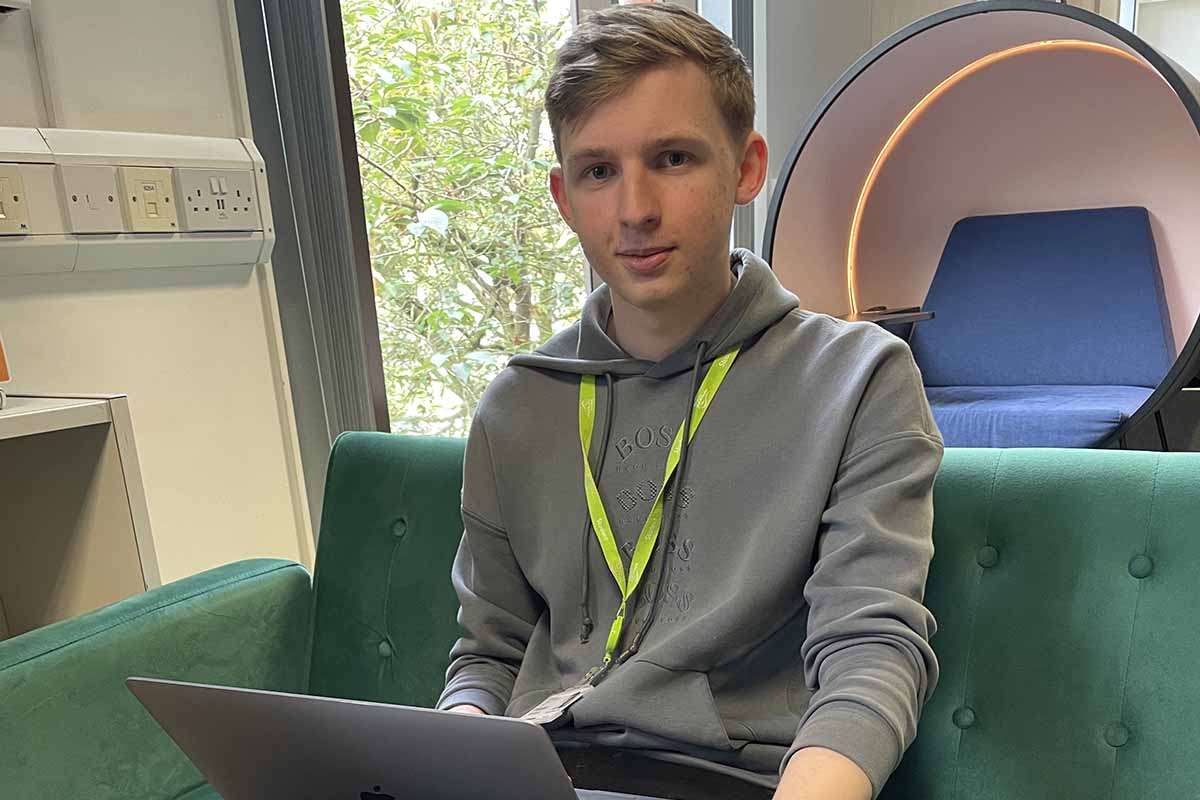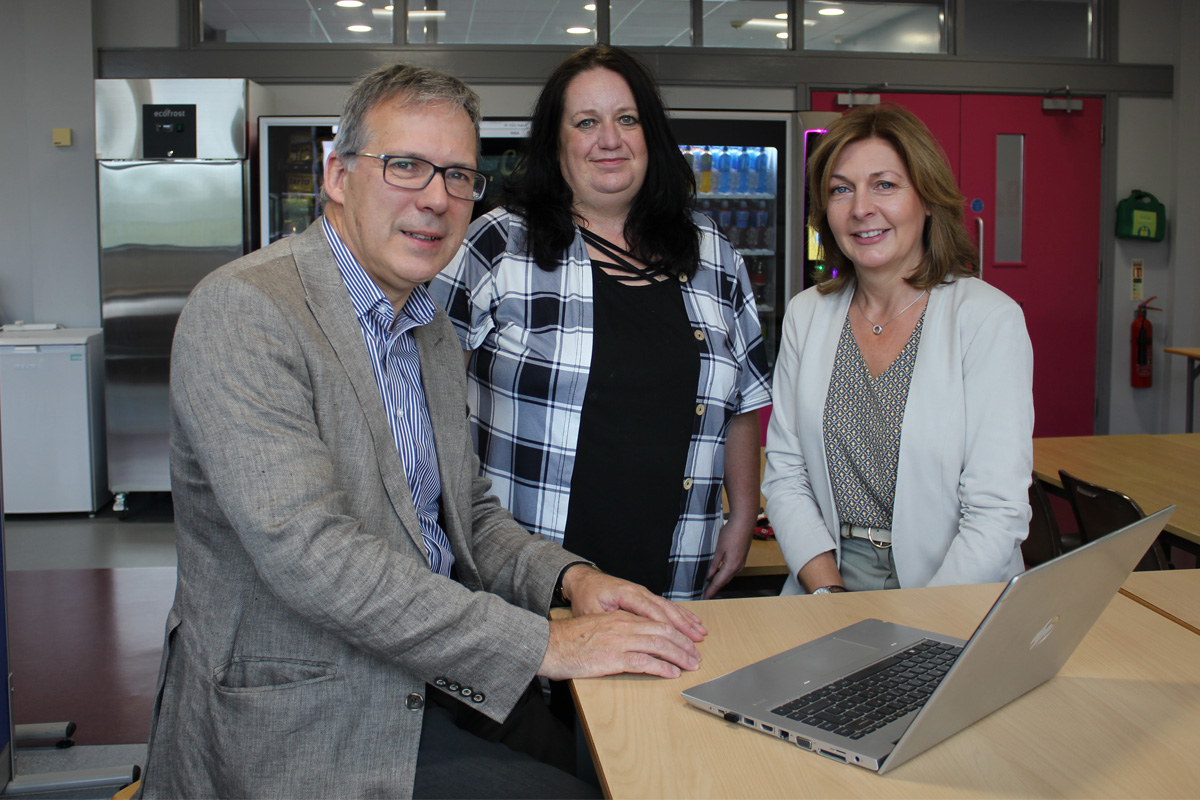Tackling Educator Burnout Head-On

Twinkl survey data reveals that over 83% of educators experienced work-related stress or burnout in the past year.
2023 has proven to be a challenging year for educators. The pressure they undergo isn’t just limited to teaching and fostering the growth of children; it also extends to maintaining standards and quality that impact school ratings.
With International Stress Awareness Week having just passed, and International Day of Kindness approaching, let’s explore the ways in which we can support educators in finding a work-life balance. This is also an opportunity to underscore the significance of a nurturing community that empowers them to focus on teaching.
The findings of the Twinkl survey provide essential insights and highlight the importance of these conversations because educator wellbeing and mental health are crucial. These concerns affect not only life at work but also at home, ultimately impacting overall quality of life.
What Does the Data Tell Us?
The survey encompassed all segments of the educator community, with 43% of the respondents representing Primary Schools, the largest group. Furthermore, an overwhelming majority of the respondents were from England (83%), Wales and Scotland 11%.
- 63% of respondents have been working in education for over a decade. This demonstrates the commitment participants have for their work and the expertise from which they can speak about their experiences.
Over 83% of educators experienced work-related stress or burnout in the past year, with 35% attributing this to workload and 15% reporting anxiety or panic. That more than 4 in 5 educators share these negative experiences indicates the scale of the problem in education, and suggests the need for large-scale, sector-wide responses.
- 48% identified having more time and a reduction in workload as the key changes that would support their wellbeing and effectiveness as educators. The focus on workload as key to wellbeing echoes the Department for Education’s ongoing ambition to decrease teacher workload, but equally suggests that current initiatives are not enough.
- 78% felt that workplace wellbeing initiatives were superficial. This shows the importance of open and meaningful discussions around the problems educators are facing and the effectiveness of any responses.
45% answered that they felt like their work was either rarely valued or not valued at all. As feeling under-valued can be a key early indicator of burnout, this demonstrates the overlapping issues that make up the complex picture of low educator wellbeing.
- 56% stated that they sought help when the pressure became overwhelming, while 44% did not. This suggests that, for many, there are too many barriers in the way of pathways to support.
- 72% of respondents mentioned that they can communicate with their colleagues and the educator community about the challenges they face. While this is encouraging and demonstrates the value of community when coping with difficulty, more needs to be done to ensure all educators benefit from an effective system of support.
How can we help?
Recognising the growing pressures on educators and the importance of school communities and support systems, Twinkl, guided by its mission to ‘help those who teach’ and core value of ‘Be Lovely’, places a significant emphasis on the mental health and wellbeing of educators. As such Twinkl continues to listen, support and celebrate educators to do what they do best – teach. If you are struggling and need any support, this Twinkl Digest article provides information on those you can reach out to. Furthermore, Twinkl Wellbeing Hub and Twinkl Life provide support for you and your school’s wellbeing, and Twinkl provides access to a wide range of resources including AI tools that can support educators with reducing their workload as well.











Responses